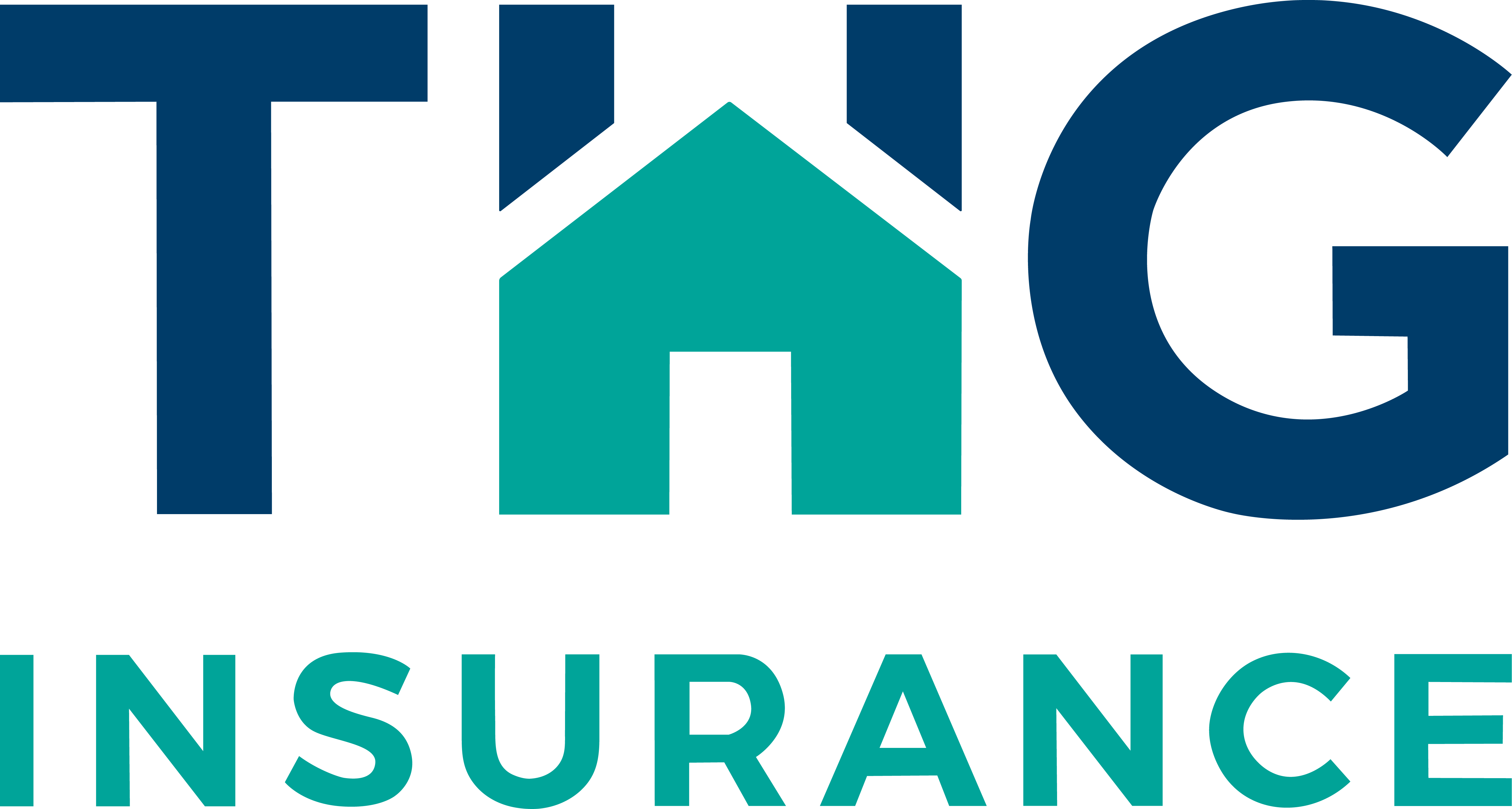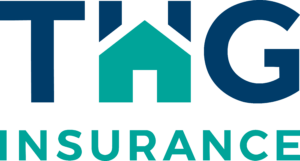What Is Commercial General Liability (CGL) Insurance?
Commercial General Liability (CGL) insurance, also referred to as business liability, is a type of business insurance that protects you from financial loss resulting from bodily injury or property damage claims from third parties.
What Does A Commercial General Liability (CGL) Insurance Policy Cover?

Bodily Injury
This covers medical expenses and lost wages for people who are injured on your business property. For example, a customer trips and falls on a wet floor in your store and breaks their arm. CGL insurance would cover their medical bills.

Property Damage
This covers the cost of repairing or replacing property that is damaged by your business operations. For instance, a plumber accidentally damages a customer’s sink while fixing a faucet. CGL insurance would cover the cost of repairing the sink. It will also help cover damage to a premises rented to you if the rented premises is damaged by fire, lightning or explosions.

Personal Injury
This covers claims such as slander, libel, and false imprisonment. An example of this would be a false advertisement that defames your competitors’ business. This is also called reputational harm. CGL insurance could cover your legal fees in suing the competitor.
What Does A CGL Policy NOT Cover?
General liability insurance, also known as CGL insurance, while helpful, doesn’t cover everything. If you’re unsure whether a specific situation is covered by your general liability policy, it’s always best to consult with your insurance agent or broker.
- Employee injuries: If an employee gets hurt on the job, general liability won’t cover their medical expenses or lawsuits. Workers’ compensation insurance is designed for this purpose.
- Auto accidents: Accidents involving company vehicles or employees driving for work are not covered under general liability. You’ll need commercial auto insurance for this.
- Professional mistakes: Errors made by you or your staff, such as faulty workmanship or bad advice to a client, are not covered by general liability insurance. You may need professional liability insurance depending on your industry.
- Intentional acts: General liability won’t protect you from lawsuits stemming from vandalism or other deliberate wrongdoings by you or your employees.
- Product defects: If your product harms someone, general liability typically won’t cover the resulting claims. You may need product liability insurance.
- Pollution: Damages caused by pollution from your business activities are generally excluded from general liability coverage.
- Your own property: Damage to your own business property is not covered by general liability insurance. You’ll need a commercial property policy for that.
- Claims exceeding limits: General liability insurance has policy limits, meaning it won’t cover any damages exceeding that limit.
Is Business Liability Insurance Required By Law In NC?
While general liability insurance isn’t legally mandated, it’s highly recommended for most businesses in North Carolina. It provides crucial financial protection against lawsuits from third parties for bodily injury, property damage, and certain types of personal injury (like slander). There are however, some mandatory insurance requirements for certain businesses in NC: Workers’ compensation and commercial auto insurance
These Factors Affect Commercial General Liability Insurance Rates In North Carolina
There are several factors that influence commercial general liability (CGL) insurance rates in North Carolina.
Industry
The type of work your business does is a major factor. Higher-risk industries, like construction or tree trimming, typically face steeper premiums due to the greater likelihood of accidents and claims. Safer industries, like accounting or bookkeeping, may receive lower rates.
Claims History
Insurance companies look at your business’s past history of claims. A history of few or no claims can lead to lower rates, while frequent claims can result in higher premiums.
Coverage Limits
The higher your policy limits, which represent the maximum amount the insurer will pay for a covered claim, the more you’ll typically pay in premiums. Choosing adequate coverage limits is important to strike a balance between affordability and protection.
Business Size
Larger businesses with more employees generally have a higher risk of claims and may pay more for CGL insurance compared to smaller operations.
Location
The location of your business can also affect your rates. Businesses operating in high-risk areas with a higher chance of lawsuits or theft may see higher premiums.
Loss Control Measures
If your business implements safety programs or takes steps to mitigate risks, such as employee training or security measures, some insurance companies may offer discounts on your premium.
How THG Insurance Can Help Your North Carolina Business
As a North Carolina-based agency, we understand the unique insurance needs of businesses in our state. Living and working in North Carolina allows us to stay current on local business trends and insurance requirements. We can help you secure the right CGL coverage for your North Carolina business.
Insurance Companies And Brokers We Represent
Commercial General Liability Insurance FAQs
Why do I need Commercial General Liability (CGL)?
Unexpected lawsuits can cripple your business. CGL insurance is your shield, covering common claims like customer injuries and property damage. It also safeguards your reputation and fights for you in court. Basically, CGL insurance grants peace of mind so you can focus on running your business, not fearing lawsuits.
How much does general liability insurance cost in NC?
A typical small business in North Carolina can expect to pay anywhere between $300 and $5,000 annually for their general liability policy. The final cost of liability coverage from one business to the next will vary significantly based on the classification system for GL rating.
Is there a deductible for commercial general liability?
Most insurance policies have some sort of deductible, including: General Liability Insurance, Commercial Auto Insurance, and Commercial Property Insurance.





